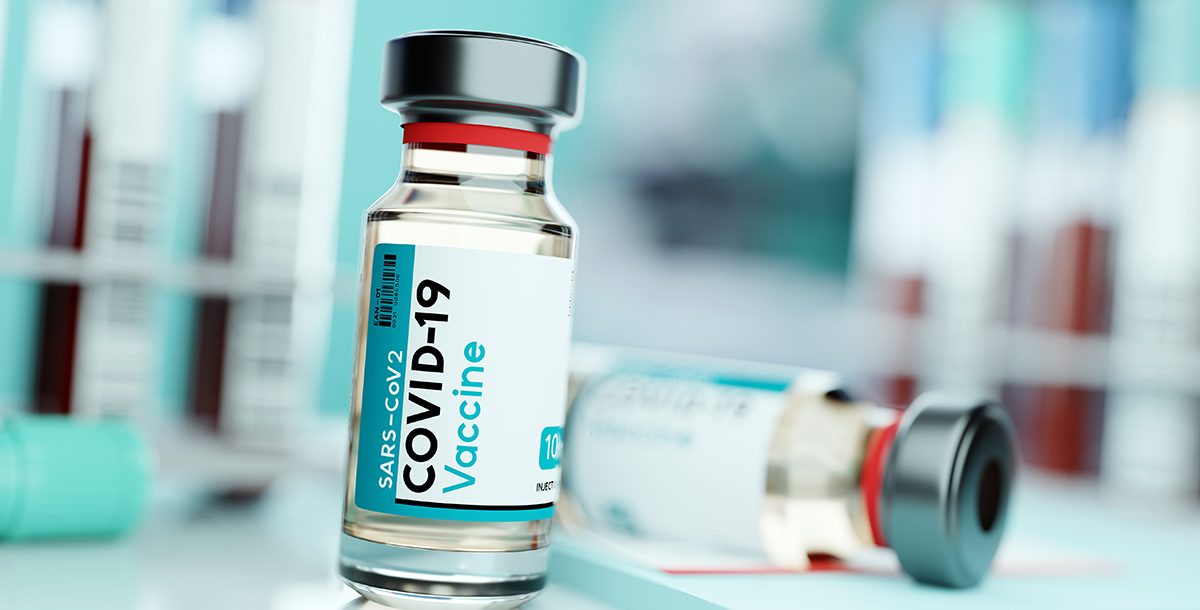Bon Secours Richmond Community Hospital issued the following announcement on May. 27.
Are you overwhelmed by the amount of information online about the COVID-19 vaccine? Some sources are more reliable than others. For example, the CDC and your uncle’s Facebook posts don’t quite have the same qualifications (unless he works for the CDC).
If you’re skeptical and have concerns—good! Ask questions. It’s a vital part of making an informed decision. You can even talk with your health care provider, who can answer questions about the vaccine and how it relates to your individual health.
The good news is as more information becomes available on the COVID-19 vaccines, it shows time and time again that they are safe and effective. Research continues to help scientists learn more, which can help us bust some harmful myths.
We’re sharing some COVID-19 vaccine myths that are not supported by science.
Fiction: I don’t need the vaccine if I’ve already had COVID-19.
Fact: The vaccine still benefits you and protects your health, even if you’ve already had COVID-19. And another benefit is it protects the people around you.
Plus, did you know you can get COVID-19 more than once? Especially with variants going around, you can get infected again. So, take advantage of the immune-boosting vaccine.
Fiction: I’ll get sick with COVID-19 if I get the vaccine.
Fact: The simple truth is that’s not how the COVID-19 vaccines work. They don’t contain any live virus, and therefore can’t make you sick.
The vaccine works by showing your immune system how to identify and attack the virus. Because the vaccine stimulates your immune system, you may notice some side effects. These are normal symptoms. What they mean is that your body is building up its defenses against COVID-19.
You can expect it will take about two weeks for your body to create the immunity it gets from the vaccine. So, if you do get sick within those two weeks, it’s not because of the vaccine. Instead, you likely got sick before your body’s defenses were fully built.
Fiction: The COVID-19 vaccine can cause infertility.
Fact: No vaccine, including the COVID-19 vaccine, has ever been linked to infertility.
Confusion about this topic started through false information on social media. It falsely said that the spike proteins for both the coronavirus and one involved with the placenta were the same. The report claimed that the body, after learning to fight the coronavirus spike protein, would also try to attack the placenta spike protein. But you can be assured that this is not the case. Scientifically, it does not make sense. The two spike proteins are noticeably different, and our bodies can tell the difference between the two.
Fiction: The vaccines aren’t safe because they were created so quickly.
Fact: The developers of the COVID-19 vaccines didn’t skip any steps. They had to pass rigorous safety and efficacy tests, just like all other vaccines.
A few factors helped speed up vaccine development while maintaining safety standards. The mRNA vaccine process (such as that used for Moderna and Pfizer/BioNTech) is a faster way to make vaccines than the traditional way. And because of the global pandemic, the vaccines were supported by significant funding and resources.
All vaccines continue to be monitored and researched.
Fiction: If I get the vaccine, I don’t ever have to wear a mask again.
Fact: Getting vaccinated is a major step toward resuming a more “normal” life. Here are some guidelines from the CDC, which explain things you can do once you’re vaccinated. You may no longer need to wear a mask in many cases. However, you do need to follow laws, rules and regulations from national and local government, businesses or your employer.
It’s important to note these guidelines are for a non-healthcare setting. At Bon Secours, we still require masks in our facilities to protect every patient and visitor.
It’s still not known if vaccinated people can carry and infect others with the virus. The vaccine protects your body from moderate to severe COVID-19. But the virus can still enter your body.
Fiction: The COVID-19 vaccine can alter my DNA.
Fact: The mRNA vaccines (such as Moderna and Pfizer/BioNTech) don’t work like this. Your DNA is in the nucleus of a cell; the messenger RNA from the vaccines cannot enter the nucleus of your cells. How it works is the mRNA tells your cells to create a protein to help your immune system fight the virus.
mRNA technology has been in development for two decades. So while the vaccines are new, this technology is not.
Fiction: Inside the COVID-19 there is a microchip.
Fact: There is no microchip in the vaccines. In fact, there are no electronic pieces in the vaccine whatsoever.
Ready to get your vaccine now? Learn more about our ministry’s COVID-19 vaccination efforts.
Original source can be found here.

Source: Bon Secours Richmond Community Hospital


 Alerts Sign-up
Alerts Sign-up